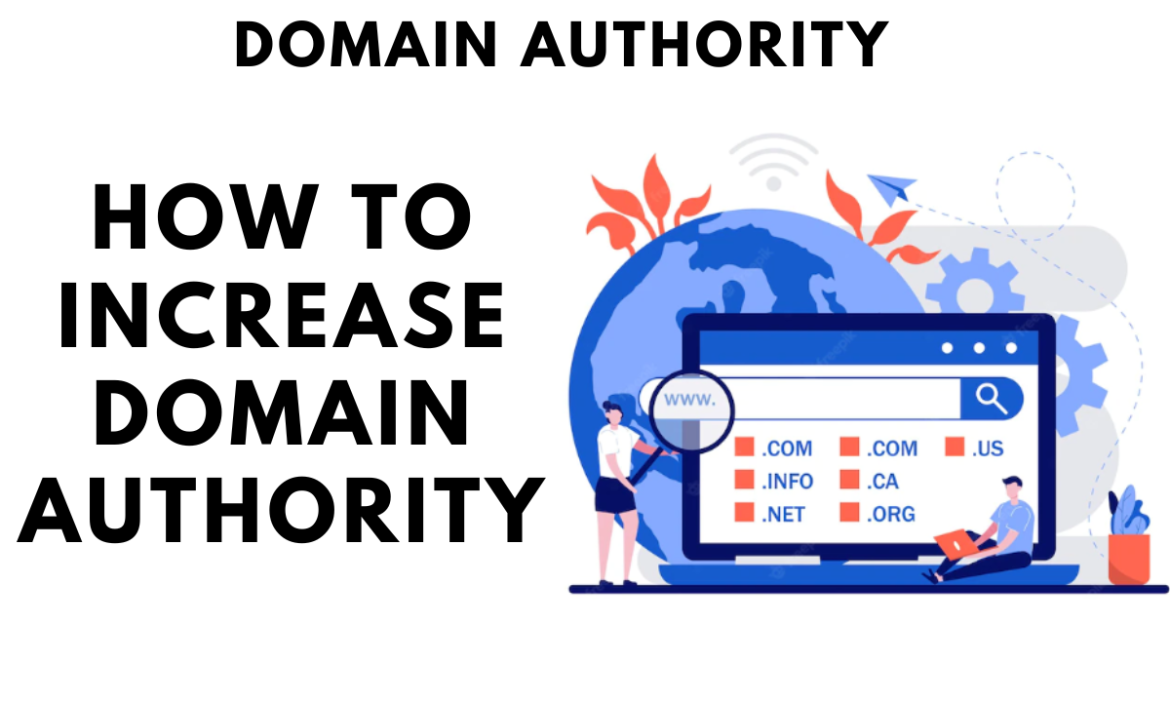Domain authority (DA) and page authority (PA) are two of the most important terms in SEO. They measure the effectiveness of a website’s content and backlinks, respectively. A high DA or PA score indicates that your site has a high-quality ranking on search engines like Google, Yahoo, Bing and others.
DA and PA have been around for several years but have gained more popularity recently as more websites have started using them for SEO purposes. If you want to increase your DA or PA scores, reading this article will let you understand their importance as well as tell you how to check your website’s ranking strength with the help of an effective DA PA Checker.
What Is Domain Authority (DA) & Page Authority (PA)?
Domain Authority (DA) is a score that indicates how well a website will rank on search engine results pages (SERPs). Page Authority is a score that indicates how well a specific page of a website will rank on search engine results pages (SERPs).
In other words, DA is how well your domain gets links from other websites. PA measures how well the content within your site performs in terms of getting links from other websites.
You can make use of DA PA checker to check how much authority your domain and any particular web page has. Just make sure to find the right tool that measure’s the ranking strength without errors.
What Factors Affect DA and PA?
- The number of backlinks
- The quality of backlinks
- The strength of backlinks
- Type of links (e.g., organic vs. paid, internal vs. external)
- Age of the link (in days)
- Location on the page where you found it
How to Increase Domain Authority & Page Authority?
Domain authority is a metric used by search engines to determine the quality of a website or page. It also helps users decide which sites they should visit and can impact how well your site ranks in Google.
Here are some techniques that you can follow to increase DA PA of your website with ease:
Improve Your User Experience
The first step is ensuring your site structure is clear and easy to navigate.
You should have a home page that clearly shows what your business does, where you’re located and how they can contact you. It will help people quickly find the information they need when visiting your website.
When it comes down to it, search engines want websites with good content so they can rank higher in search results pages (SERPs). So, be sure all your pages are optimized for SEO by adding keywords throughout any text or images on each page and make sure those keywords are relevant!
Optimize Your Site Hierarchy
To ensure that your site is easy to navigate and organized logically, it’s important to use a sitemap. A sitemap is a list of all the pages on your site. Once you have created one, please submit it to Google so search engines can find all the pages on your website.
Next, ensure that URLs are keyword-rich (including short and long forms). For example, http://www.example-website/about/. This URL has some great keywords, but they’re not listed in the URL itself; instead, they’re hidden under “About”. If someone were trying to find this page by typing only those words into their browser bar, they would get stuck because there isn’t enough information to be able to go anywhere helpful.
Make Sure Your Website is Crawlable
To make sure your website is crawlable by Google and other search engines, you need to make sure that it follows several basic rules.
- Use HTTPS (HSTS) whenever possible
- Use a 301 redirect for pages that are already indexed by Google (and Bing, Yahoo and Baidu) so that the new URL points to the same content as the old one did
- Avoid using keywords in URLs or page titles unless they’re relevant because this can hurt your rankings as well as increase their length, which decreases their chances of being indexed by search engines
Improve The Technical Aspects of your Site
- Use a Content Management System
- Use a CDN (Content Delivery Network)
- Use Webmaster Tools
- Host with an Authoritative Hosting Provider
Always Use HTTPS Encryption
When you use HTTPS encryption, your website tells Google that it’s more secure than plain HTTP. It means that people who are looking for a site will be able to find yours faster and easier because they know that it’s safe to visit.
Google now recognizes this as an important ranking signal, so if you want to give yourself the best chance of ranking high in search results not just on Google but across all major search engines—you need to make sure your site uses HTTPS encryption by default. And if there’s one thing we’ve learned from decades of experience here at MozCast (all 1 million+ pages), many businesses still don’t know about this simple change.
Conclusion
We hope this article has helped you understand how to increase your Domain Authority and Page Authority. All you need is to check the DA & PA of your site which you can do by using ETTVI’s DA PA Checker Tool. Follow the above mentioned steps to increase the DA PA score.

